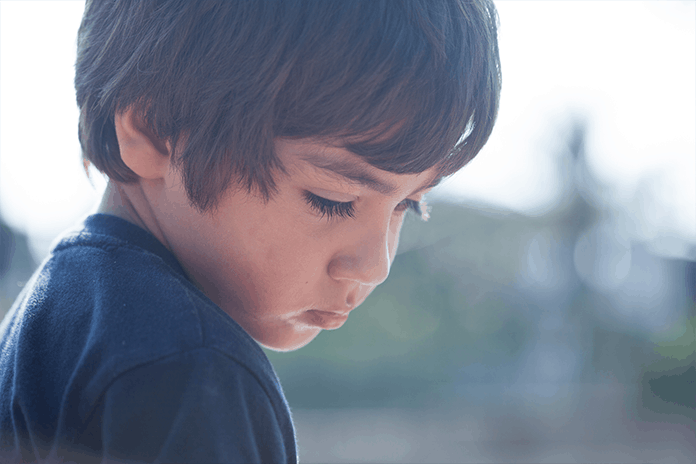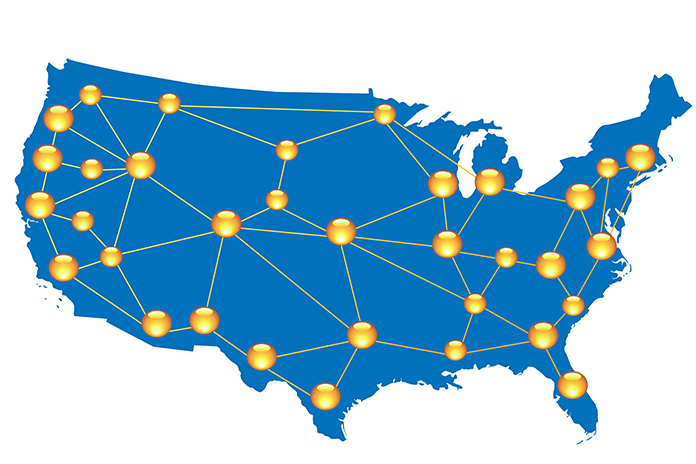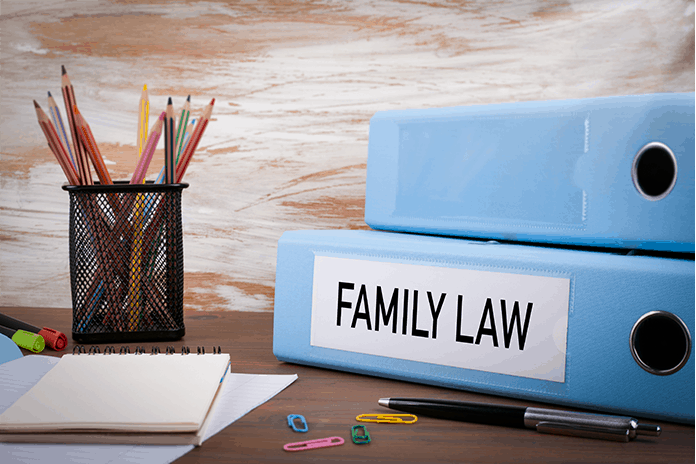When I think about how little most adults know about divorce, I am reminded of how frightening divorce can be for children. Some may refer to me as a divorce lawyer but I practice family law. It is tragic when couples confuse child custody with property division. You may no longer be a couple but you will always be parents. Addressing your child’s post-divorce fears should be top priority.
Those fears do no kick in once the papers are signed. They begin as soon as a child is made aware. The full scope of their anxieties will only be learned by speaking with them. However, these are probably the three most common fears children experience in the wake of a divorce announcement.
Do Mom and Dad Hate Each Other?
It’s a natural extreme for a child’s mind, even if your separation is not particularly contentious. Do not assume that your child has the wherewithal to understand the complexity of adult relationships, even if he or she is mature for their age. A child can know what divorce is but can still be concerned over its lasting effects. Imagine the anxiety your child may feel over the idea that this conflict is something they will have to deal with forever. It can even extend to their relationships with extended family.
How to address: Minimize conflict when in front of your children. This must be decided as soon as you decide to separate. Speak to them and encourage them to speak to you. As for you and your spouse, the sooner you can arrive at a parenting plan, the better. Your commitment to learning how to navigate these changes will set the right example for your children.
Do I Have To Choose Between My Parents?
Children have always interpreted their role in custody as choosing between their mother and father. Again, this translation is the source of profound anxiety. You don’t feel comfortable playing sides when it is your own side you are playing. How is a child going to feel?
How to address: Such lines are drawn in regards to children more often than not, anyway. A child is allowed to miss his or her parents. He or she should feel free to speak about this without you or your spouse making it personal. Remember when you taught your child to say nothing if he or she has nothing nice to say? It’s time to follow your own advice.
Is It My Fault My Parents Are Getting A Divorce?
A child’s pain can be turned inward the same as an adult’s. Questions about the end of your relationship must be directed somewhere. Blaming themselves for the divorce, children’s imaginations can be brutal.
How to address: Communication remains essential. If you feel overwhelmed, books are available, as are online resources. Don’t underestimate your child, either. As complicated as a divorce can be, it can still be broken down to simple, direct language. Children respond quite well to being given the benefit of the doubt.
Will there be a definitive end to your child’s fears regarding divorce? They will eventually come to an understanding but will always appreciate a present and available parent.




